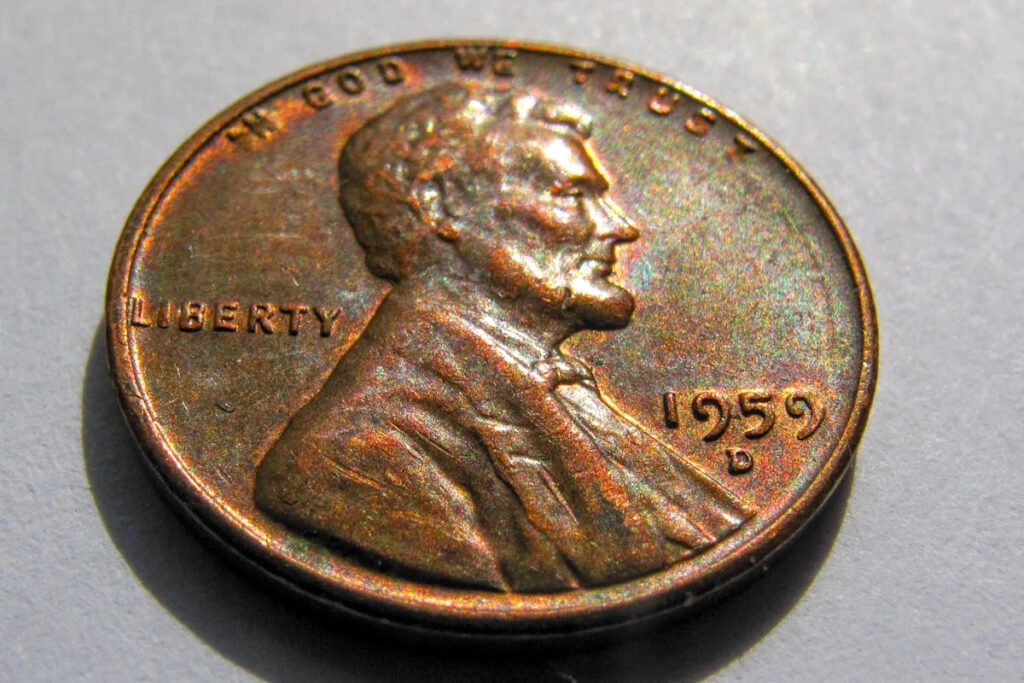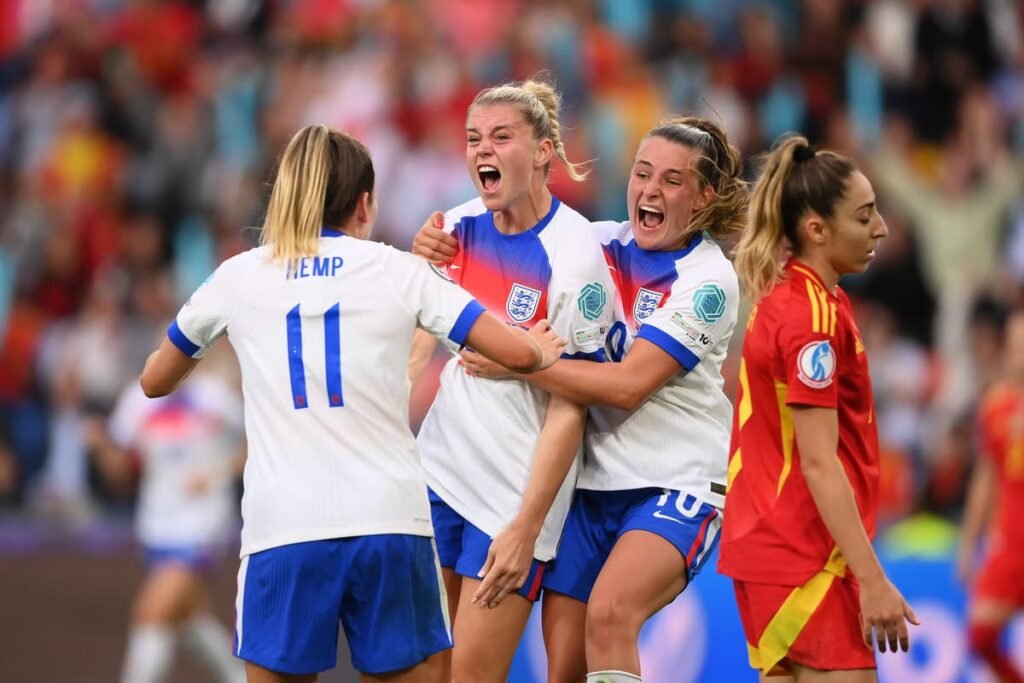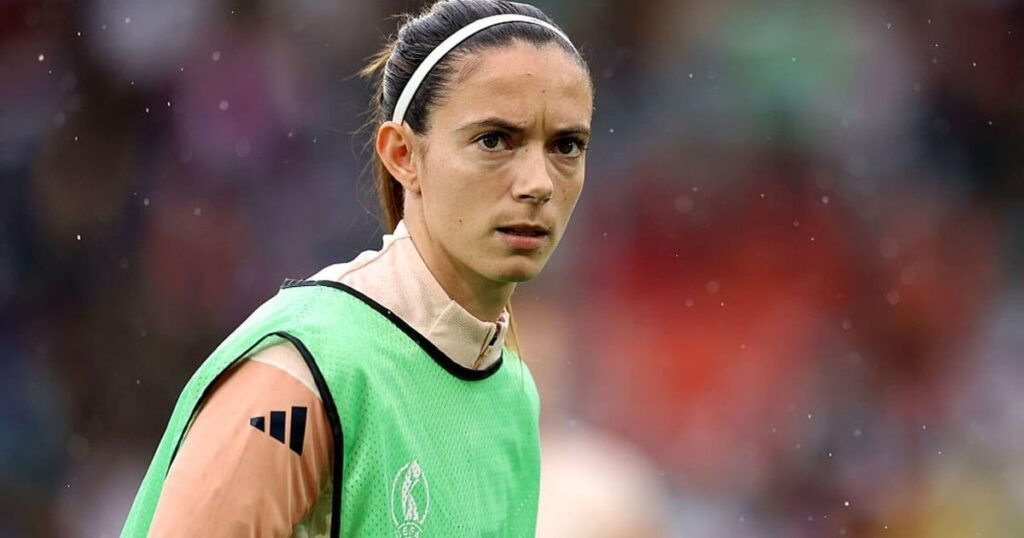Now Reading: Gaza live updates: Hamas response to Gaza plan ‘totally unacceptable’ says US envoy
-
01
Gaza live updates: Hamas response to Gaza plan ‘totally unacceptable’ says US envoy
Gaza live updates: Hamas response to Gaza plan ‘totally unacceptable’ says US envoy
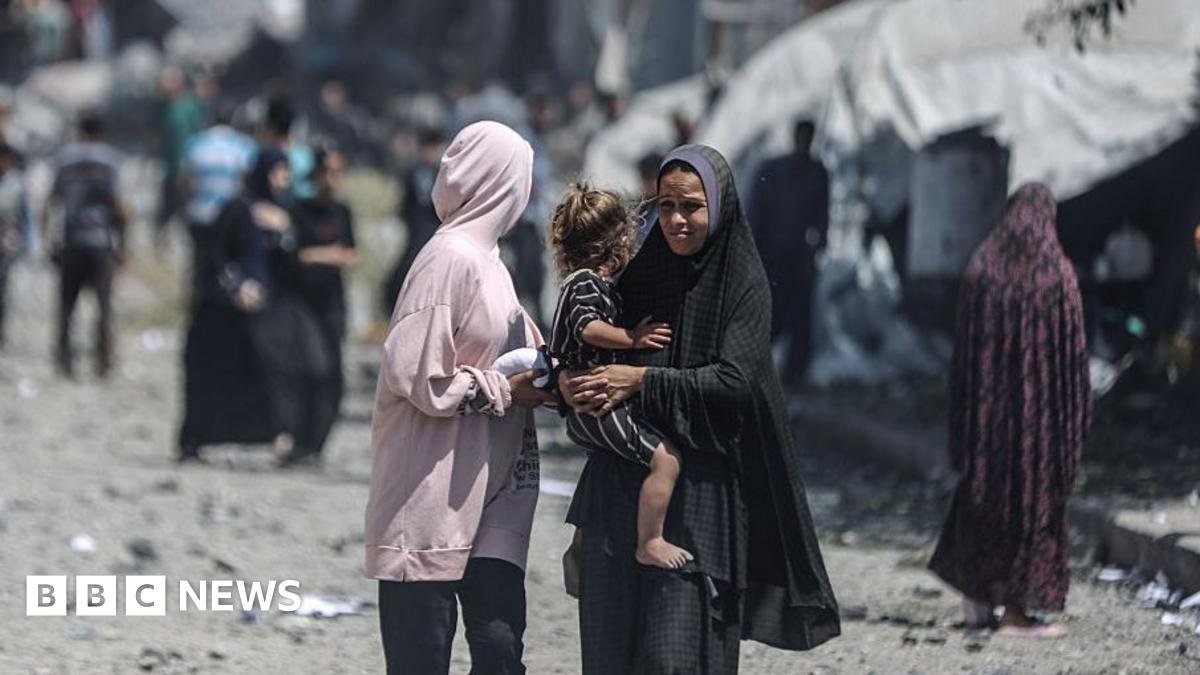
Greek surgeon describes scenes inside Khan Younis hospitalpublished at 19:43 British Summer Time
 Mallory Moench
Mallory Moench
BBC News
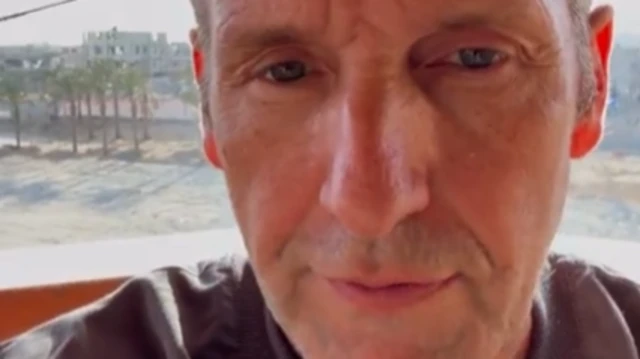 Image source, Christos Georgalas/ Handout
Image source, Christos Georgalas/ HandoutChristos Georgalas, a Greek surgeon who until 21 May volunteered with British charity Medical Aid for Palestinians (MAP) at Nasser Hospital in Khan Younis, told the BBC his patients were mainly children, usually with shrapnel injuries.
“Children were the main victims in terms of trauma and malnutrition,” he said on Friday. Malnutrition slows down the healing process and increases the risk of infections because wounds remain open longer, he explained.
He and hospital staff ate only rice for lunch and dinner, which he said made them lucky compared to others. One of his colleagues told him he had lost 26 kilos (57 pounds) over the last months.
Georgalas said a lot of doctors had not been paid for a year. Some live in tents, commuting without protection to work, or have to evacuate on short notice.
“They are worried for their relatives and lives, they are starved, despite that they continue,” he said, praising their “very high level of care” and “amazing skills”.
The hospital and its grounds were twice hit while he was there, with one strike on 13 May killing a Palestinian photojournalist being treated for injuries who Israel had previously accused of involvement in the 7 October Hamas attack, external on Israel. On 19 May the hospital courtyard was hit but no one was injured, he said.
Georgalas said he saw no evidence of the hospital being used for military purposes during a month working and sleeping inside of it.
Since he left Gaza, his colleague told him the ICU had been “constantly full” and “overwhelmed”, with doctors having to ration care because so many patients need intubation.



